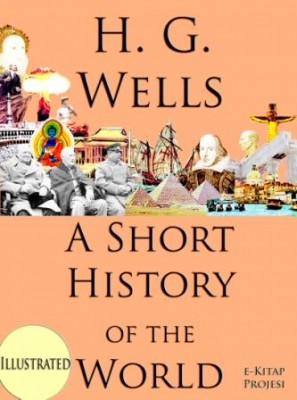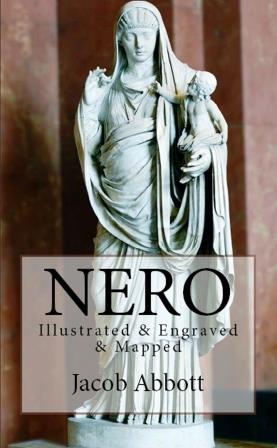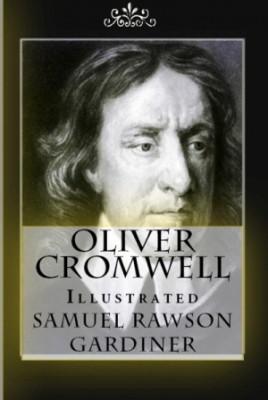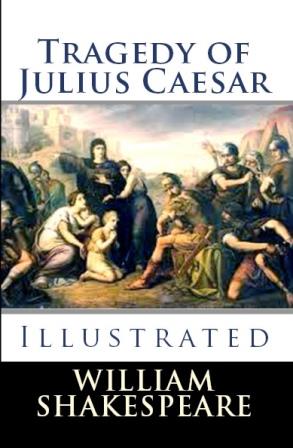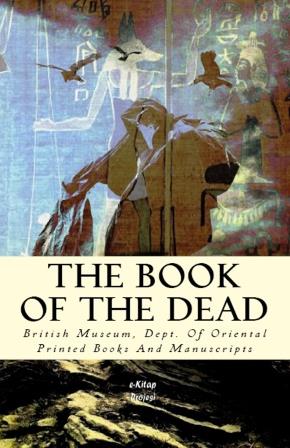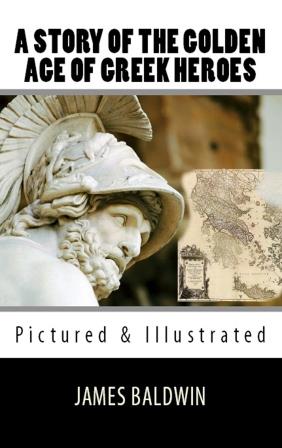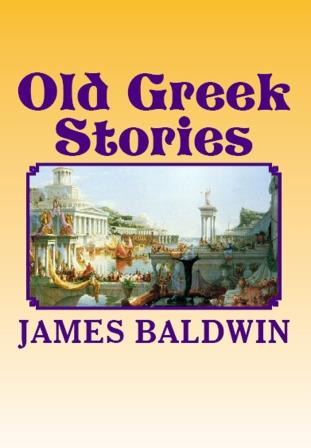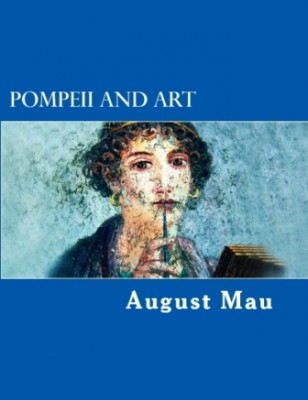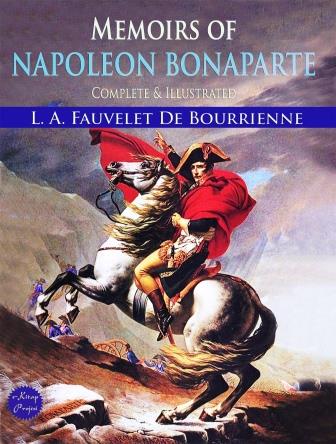More Search Results...

A Short History of the World
HE story of our world is a story that is still very imperfectly known. A couple of hundred years ago men possessed the history of little more than the last three thousand years. What happened before that time was a matter of legend and speculation. Over a large part of the civilized world it was believed and taught that the world had been created suddenly in 4004 B.C., though authorities differed as to whether this had occurred in the spring or autumn of that year.
More info →Nero
IN ancient times, when the city of Rome was at the height of its power and splendor, it was the custom, as it is in fact now with the inhabitants of wealthy capitals, for the principal families to possess, in addition to their city residences, rural villas for summer retreats, which they built in picturesque situations, at a little distance from the city, sometimes in the interior of the country, and sometimes upon the seashore. There were many attractive places of resort of this nature in the neighborhood of Rome. Among them was Antium.
More info →Oliver Cromwell
Oliver Cromwell, the future Lord Protector of the Commonwealth of England, was born at Huntingdon on April 25, 1599, receiving his baptismal name from his uncle, Sir Oliver Cromwell of Hinchingbrooke, a mansion hard by the little town. It was at Huntingdon that the father of the infant, Robert Cromwell, had established himself, farming lands and perhaps also adding to his income by the profits of a brewhouse managed by his wife, Elizabeth—a descendant of a middle-class Norfolk family of Steward—originally Styward—which, whatever writers of authority may say, was not in any way connected with the Royal House of Scotland.
More info →Tragedy of Julius Caesar
The Tragedy of Julius Caesar is a tragedy by William Shakespeare, believed to have been written in 1599. It portrays the 44 BC conspiracy against the Roman dictator Julius Caesar, his assassination and the defeat of the conspirators at the Battle of Philippi. It is one of several plays written by Shakespeare based on true events from Roman history, which also include Coriolanus and Antony and Cleopatra.
Although the title is Julius Caesar, Julius Caesar is not the most visible character in its action; he appears in only five scenes. Marcus Brutus speaks more than four times as many lines, and the central psychological drama is his struggle between the conflicting demands of honor, patriotism, and friendship.
The Book of the Dead
For both the mummified body and the spiritual elements which had inhabited it upon earth had to be protected from a multitude of devils and fiends, and from the powers of darkness generally. These powers of evil had hideous and terrifying shapes and forms, and their haunts were well known, for they infested the region through which the road of the dead lay when passing from this world to the Kingdom of Osiris. The "great gods" were afraid of them, and were obliged to protect themselves by the use of spells and magical names, and words of power, which were composed and written down by Thoth.
More info →A Story of the Golden Age of Greek Heroes
YOU have heard of Homer, and of the two wonderful poems, the Iliad and the Odyssey, which bear his name. No one knows whether these poems were composed by Homer, or whether they are the work of many different poets. And, in fact, it matters very little about their authorship. Everybody agrees that they are the grandest poems ever sung or written or read in this world; and yet, how few persons, comparatively, have read them, or know any thing about them except at second-hand!
More info →Arizona’s Yesterday
This book, in affectionate tribute to the gallant courage, rugged independence and wonderful endurance of those adventurous souls who formed the vanguard of civilization in the early history of the Territory of Arizona and the remainder of the Great West,
More info →Old Greek Stories
PERHAPS no other stories have ever been told so often or listened to with so much pleasure as the classic tales of ancient Greece. For many ages they have been a source of delight to young people and old, to the ignorant and the learned, to all who love to hear about and contemplate things mysterious, beautiful, and grand.
More info →Pompeii and Art
For twenty-five years Professor Mau has devoted himself to the study of Pompeii, spending his summers among the ruins and his winters in Rome, working up the new material. He holds a unique place among the scholars who have given attention to Pompeian antiquities, and his contributions to the literature of the subject have been numerous in both German and Italian. The present volume, however, is not a translation of one previously issued, but a new work first published in English, the liberality of the publishers having made it possible to secure assistance for the preparation of certain restorations and other drawings which Professor Mau desired to have made as illustrating his interpretation of the ruins.
More info →Memoirs of Napoleon Bonaparte: Complete & Illustrated
The Memoirs of the time of Napoleon may be divided into two classes—those by marshals and officers, of which Suchet's is a good example, chiefly devoted to military movements, and those by persons employed in the administration and in the Court, giving us not only materials for history, but also valuable details of the personal and inner life of the great Emperor and of his immediate surroundings. Of this latter class the Memoirs of Bourrienne are among the most important.
More info →

























